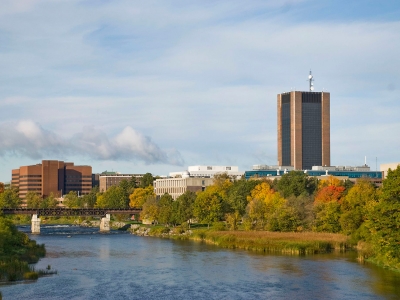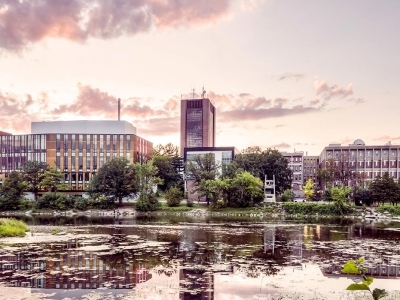Globally, freshwater recreational fishing is at risk due to climate change and a new study finds that not enough is being done to save it. Fishing plays an important sociocultural, ecological and economic role in ecosystems and communities around the world, and the industry is rapidly growing and changing.
Like all species, recreational fish are under threat from climate change and there is growing urgency to understand risks so conservation efforts and resources can be appropriately focused.
“This study is the first global assessment of the vulnerability of recreational fish species to climate change, and it is unique because it compares freshwater fish and saltwater fish,” said Beth Nyboer, lead author and postdoctoral fellow at Carleton University. “By linking the vulnerability of specific fish species with current conservation efforts, we were able to pinpoint regions and species that need to be conservation priorities.”

The study, coming out of the Cooke Lab and involving students in a graduate class on advanced conservation science, provides guidance for future conservation and management of recreational fisheries under threat from climate change.
“There is a mismatch between where conservation resources are being applied and where they are needed,” said Steven Cooke, Canada Research Professor in Carleton‘s department of biology. “Recreational fishing is an $8-billion industry in Canada alone and if we want to see it thrive into the future, conservation efforts have to be better aligned with need.”
The study highlights where future conservation effort could be most effectively focused. For example, it finds that 72 per cent of vulnerable freshwater fish are not supported by conservation efforts, compared to 20 per cent of vulnerable saltwater fish, stressing the need for greater protective measures for freshwater recreational fisheries.
Although this study had a global focus, all the data used in the analysis are available in public archives and can be used by local and regional decision-makers to guide management and policy-making efforts.
To read the full article please visit: https://doi.org/10.1111/gcb.15768.
Media Contact
Steven Reid (he/him)
Media Relations Officer
Carleton University
613-265-6613
Steven.Reid3@carleton.ca
Follow us on Twitter: www.twitter.com/Cunewsroom
COVID 19 Updates: https://newsroom.carleton.ca/coronavirus-covid-19/messages/
Thursday, July 22, 2021 in News Releases
Share: Twitter, Facebook



